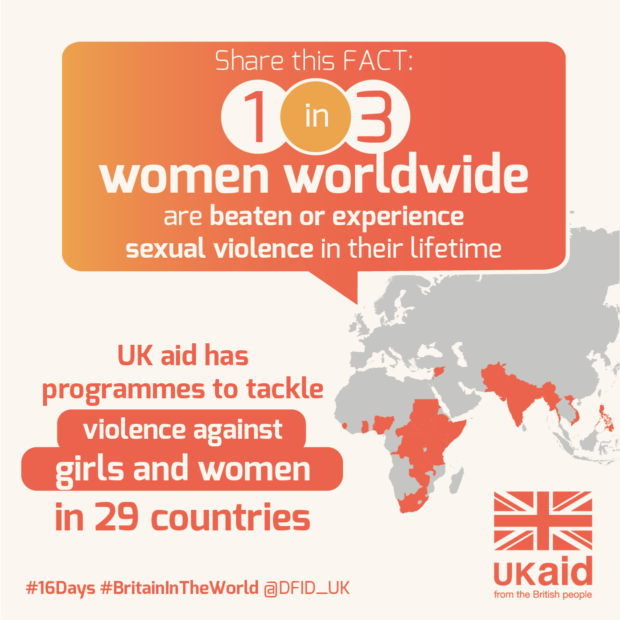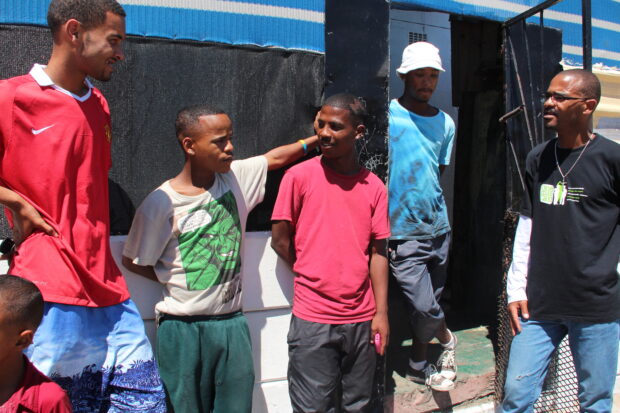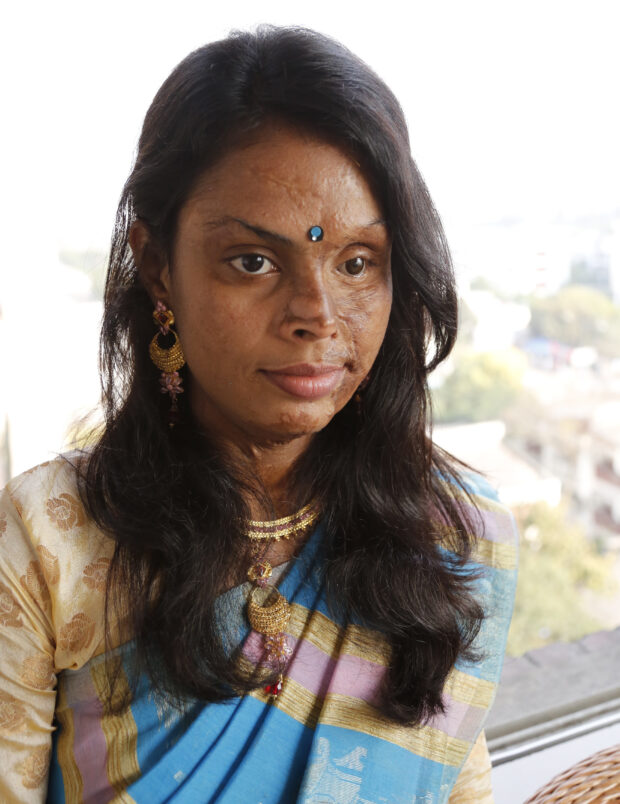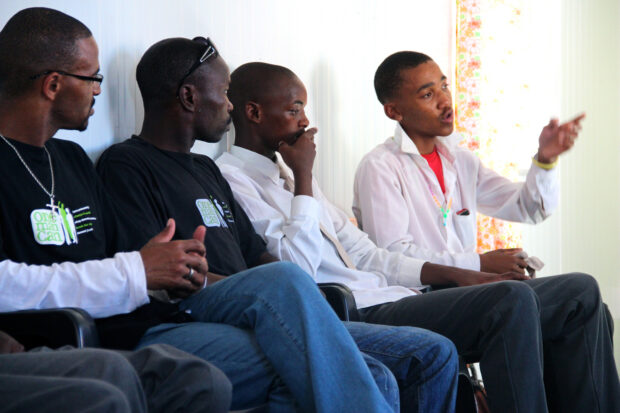As the world turns to celebrate the International Day for the Elimination of Violence Against Women on the 25 November, so begins 16 days of activism to galvanize action to end violence against women and girls (VAWG) around the globe.

This year marks the 20-year anniversary of the Beijing Declaration and Platform for Action, the most progressive roadmap to gender equality, and the ratification of the Global Goals, for the first time including specific targets on ending violence against women and girls.
Having spent more than 20 years in research into preventing VAWG, gender inequality and health, I am overjoyed by the renewed global commitment. When DFID announced its intention in 2013 to provide an unprecedented £25 million towards researching effective strategies for preventing VAWG, I led a process to successfully bid for the major award of nearly £18 million. Together with my partners at London School of Hygiene and Tropical Medicine (LSHTM) and Social Development Direct (SDD), we worked on a proposal that we felt could dramatically shift our current knowledge of VAWG prevention, and answer the important question of how we can prevent violence sustainably across the globe.
The DFID grant was an amazing opportunity to find interventions that were innovative and wide-ranging and that could improve our knowledge of what works to prevent VAWG. From our original call for proposals in early 2014, we received over 700 applications. None of us expected that level of enthusiasm!

We selected 17 projects that inspired us (and met our very stringent criteria). These interventions are funded through the new What Works programme, and all will be evaluated, with 12 receiving the most rigorous randomised control trial evaluation. These interventions are spread across 14 different countries, including Afghanistan, South Africa, DRC and many more.
Living in South Africa I have become painfully aware of how VAWG deeply impacts on every family, most heinously in the murder of women by their partners. So it feels right, that on the eve on the 16 Days of Activism, we are announcing a series of new evaluations in South Africa that, with support from DFID, aim to find out how to reduce VAWG in the country’s increasing urban informal settlements.
We know that VAWG is a leading cause of illness and death for a third of women globally, and in South Africa its prevalence is alarmingly high. Large studies among South African men found that 32% report enacting violence towards partners, and 28% of men have committed rape. Evidence from South Africa, Kenya and Bangladesh reveals that violence against women is most common in informal settlements.

Research suggests that men who stick with masculinities like toughness and hyper-sexuality are more likely to perpetrate VAWG. However, the evidence base for precisely how interventions can shift masculinities is limited. There is an urgent need to engage men in challenging rigid ideas about manhood and encouraging them to become agents of change.
Within South Africa there are two exciting interventions being evaluated – first the One Man Can intervention from Sonke Gender Justice, and the other is the Stepping Stones/Creating Futures intervention implemented by Project Empower. The One Man Can intervention is focused on social norms change, working primarily with men in an informal settlement (Diepsloot) in Johannesburg. If successful, the Sonke CHANGE Trial will be the first to show reductions in men’s violence in an urban informal setting. The Stepping Stones/Creating Futures intervention is focused on informal settlements in eThekwini (Durban), working with young women and men, who are out of school, to transform their gender relationships and strengthen their livelihoods.

These evaluations are underpinned by an absolute belief that violence can be prevented if we work to address the underlying causes of violence from multiple angles. Through these projects we will support a global movement for change so that all women and girls are free, equal and treated with dignity and respect.
Find out more at: www.whatworks.co.za

Recent Comments